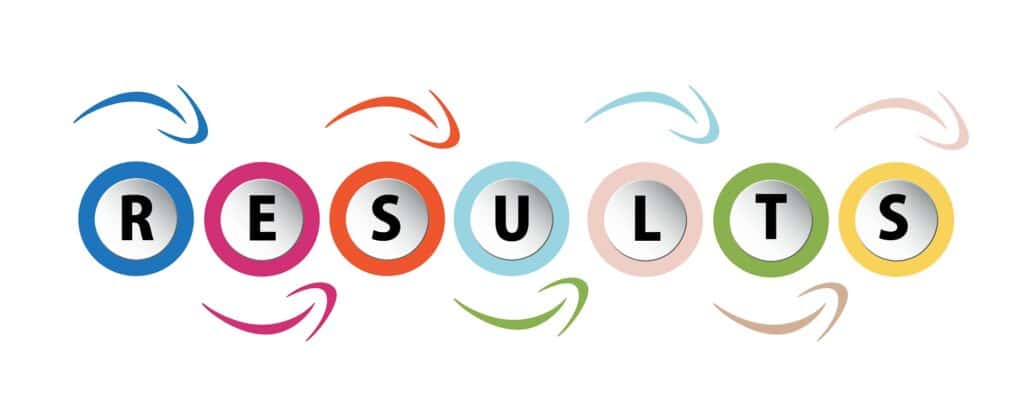Except from address to TrailBlazHER Innovation Challenge : Girls in Tech (July 2021)
….my brief today has been to speak for a few minutes about what changed as a school when we moved online. What I want to suggest here is that we think of this in the broadest possible way. I could point out what changed for me as a teacher; but really what we need to look at is what changed as a whole across society to give you ideas about how the effects of things ripples across a broad range of people. So let me list a few things that changed for education.
- Most people got up a lot later because they could sleep in longer and no longer had to commute. In some cases that probably meant they had more sleep. Likely a good thing.
- Many people ended up getting an awful lot more exercise because they had a lot more time on their hands. I know many people who never used to exercise but who are now regular swimmers or bikers. It would be ironic. – but wonderful – if for this group of people their life expectancy actually rose during Covid.
- Many people had to rearrange their living arrangements with new furniture and desks.
- Many people upgraded their networks in order to be able to have multiple people streaming videos at once.
All that is fairly obvious logistic background, and of course applies more widely than just the education sector, so let me turn to education specifically. As I thought about this, I realised that there is more to say about what has been affirmed and less on what has changed. And that’s because the last 20 years has already seen so much excellent innovation that we really need to preserve as a solid foundation – one that we can continue to build on. Let me explain by asking you several questions rather than making statements.
- How do we allow teachers to understand how the students are doing (assess progress) when they can only see them on a tiny zoom screen and cannot look over their shoulders to see what they’re doing?
- How do we ensure that connections between teachers and students remain strong when teachers can’t easily greet students as they enter the room, and have a quiet conversation at the right moment, or walk over to stand with a group of students who seem to need a bit more guidance and so on?
- How do we ensure that learning remains collaborative? How do we allow informal, spontaneous conversations and avoid keep everything rigorously controlled in breakout rooms?
- How do we help students whose self management skills are not so advanced to stay focused and on top of their work?
- How do we allow students to develop those skills of empathy and perspective and turn taking, that are so natural when we’re together in a group but which are much harder to develop online?
- How do we allow our teachers to be quirky and different and to do things in their own style while also having a uniform online learning system which is consistent across all students?
- How do we duplicate the lunchtime play, the corridor chats, the encounters in the corridors, which are a crucial part of school life and from which students learn a great deal about social development?
You can see that my theme here in asking these questions is around the social aspect of school. And that’s because experience and evidence at UWCSEA all point to the fact that the academic focus and the academic attainment have remained strong – if anything perhaps improved over the home-based learning. But we have far less evidence, and far more concern, over social aspects, which are at least as important for the long-term. Now, in the short term (and especially as our period out of school was so short) I don’t worry too much about missing the social aspect of school missing for a few weeks or even perhaps a few months. However I worry that over an extended period there would be significant damage to the social skills which I believe are absolutely vital for students. So, if you are looking for entrepreneurial projects, perhaps you might consider how to retain, under remote circumstances, all the things that add so much to the academic side of school life.
And as you think about this, it’s important that you think about the possible downsides of your projects. I would say that the technology industries in general are too focused on technology and not enough focused on the social impact of their work. Again let me just ask a few questions here to prompt your thinking:
- When did Facebook realise that the platform would be a tool for so much hatred and disinformation?
- When did WhatsApp realise that the tool would be used by bullies and trolls?
- When did Grab realise that the business would create a whole underclass of people whose employment was so precarious?
- When did Google realise that the power of the search engine may be causing people to read more shallowly and do less thorough research?
- When did Apple plan that their beautiful products would be the cause of so much child labour in mining rare mineral?
- When did the creators of Bitcoin realise how much they would be contributing to global warming?
Now it would be foolish to think that you can foresee all possible consequences and I certainly don’t think that one can blame these anyone for not having perfect vision into the future. But I do think we can learn from what has gone wrong and be sure that we’ve tried to think through the implications of what we do, and take steps to mitigate any downside.
So if I can leave it with one thought it is simply this; when you devise a technological solution you should realise that it will have social impacts that will spread far beyond the coding or the platform that you are using. It will change the lives of the people who use it. And there is therefore a heavy ethical aspects to the work you are doing. I’m not being negative here; I think technology has improved the lives of millions in terrific ways. I think it holds much promise and I am an optimist. But I am not naïve and the problems will be solved by ethical people like yourselves who are prepared to ask hard questions and not do things in a hurry to make a quick profit. If I can sum up my talk in one sentence it would be this; build a system that will benefit everybody especially the most vulnerable and the most needy and do not be blind to the impact of your technology.
Thank you.




1 Response
…thought provoking article on the need to address early the impact of technology on vital aspects of our daily life, especially among young students…excellent approach to the issue in the form of queries…thanks